There are remarkable parallels between the costs of poorly managed conflict and incivility in the workplace. Dan Dana’s Measure of Financial Cost of Organizational Conflict instrument and Porath and Pearson’s…
Read More

It feels good to win–to get your way; however, in conflict situations, winning can become the only goal. That is, individuals can go beyond winning to “winning at all costs,”…
Read More
When we ask people to describe conflict, they often use terms like stress or frustration. It is clear that conflict is trying for many people. Conflict often leads to negative…
Read More

When we ask people to describe conflict, they often use terms like stress or frustration. It is clear that conflict is trying for many people. Conflict often leads to negative emotions which…
Read More
Conflict stirs up strong emotions. When they are not managed well, these emotions can fester and lead us to respond in very destructive ways. One such response is retaliation or…
Read More

Conflict is rife with emotion. One that we frequently encounter is anger. While it is often a secondary emotion that is initially triggered by fear, anger is more visible and…
Read More

Recent research has found that improved emotion regulation can prevent task conflict from turning into relationship conflict. (1) This means that improving self-awareness of your own hot buttons, learning how…
Read More
One of the passive constructive behaviors measured by the Conflict Dynamics Profile is called Delay Responding. In the CDP context Delay Responding is described as responding to conflict by waiting…
Read More
Conflict escalates because of how someone perceives and responds to your behavior. Controlling your behavior and consciously choosing your response can help you disrupt what the Mediation Training Institute (MTI)…
Read More
One of the active constructive behaviors measured by the Conflict Dynamics Profile (CDP) instrument is called Reaching Out. It is described as responding to conflict by reaching out to the…
Read More





